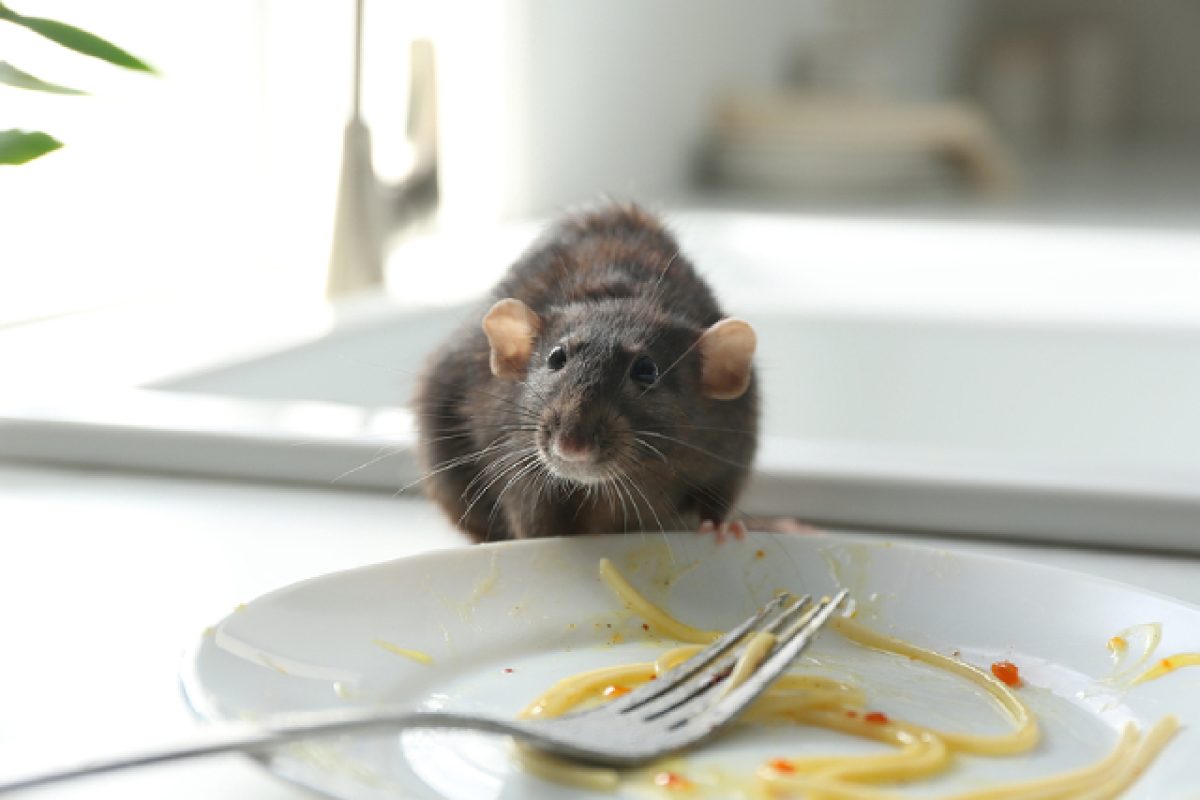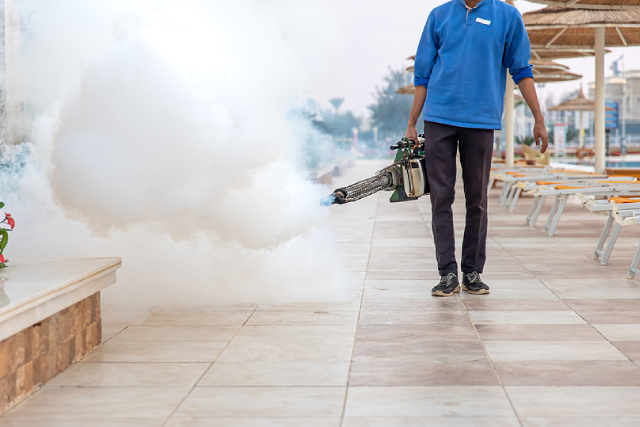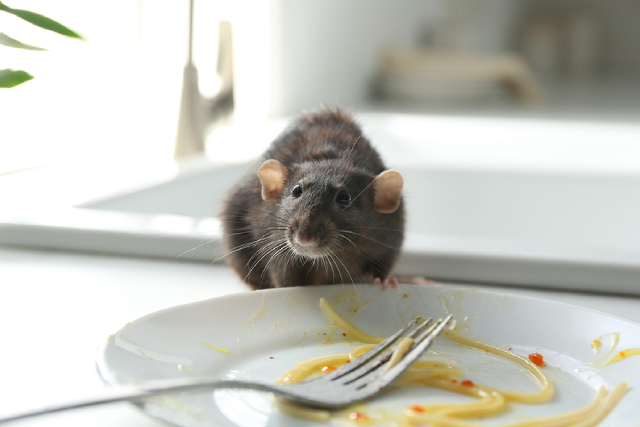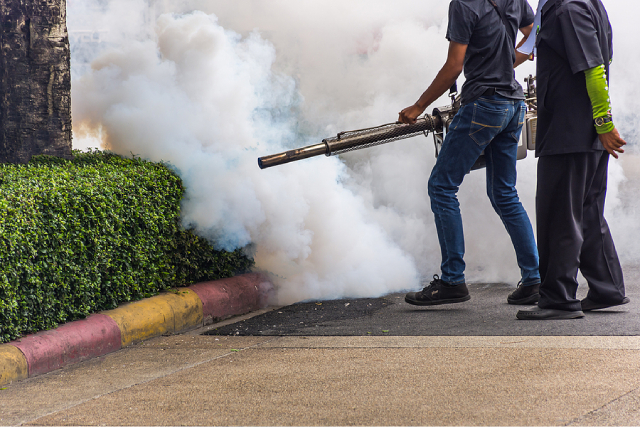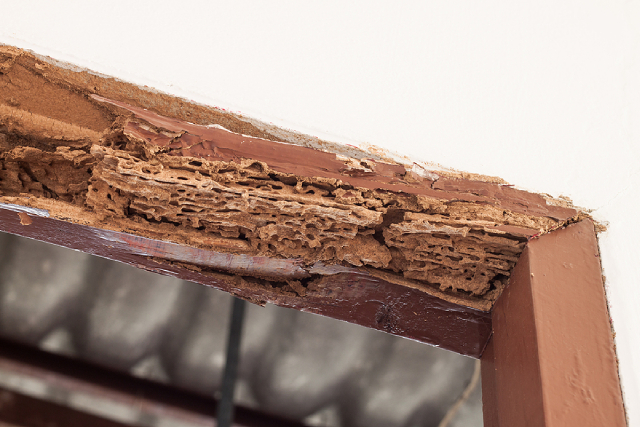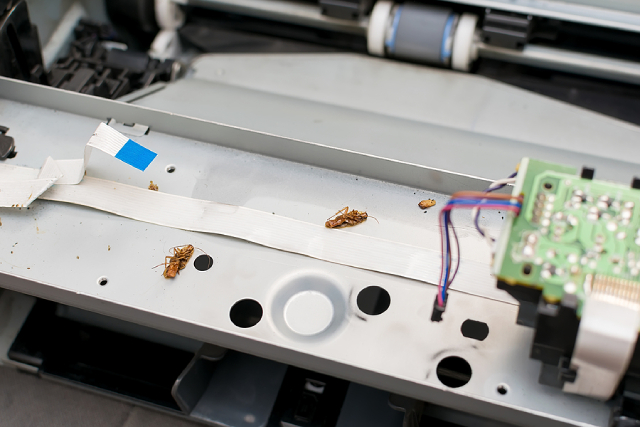Most of us don’t give much thought to the small choices we make in our everyday routines. But when it comes to maintaining a clean, comfortable home, some seemingly harmless habits can create the perfect conditions for pests to thrive.
Bugs, rodents, and other uninvited visitors aren’t simply wandering into your home by chance. They’re looking for food, water, and shelter, and too often, we provide all three without even realising it. The good news? Many of these bad habits are easy to break once you know what to look out for. Let’s walk through some of the most common mistakes that can attract pests into homes, and how you can put a stop to them.
1. Neglecting to properly seal food containers
Leaving snacks, cereal, or dry goods in half-sealed packaging is an open invitation to ants, cockroaches, and even rodents. These pests have a remarkable ability to sniff out food, no matter how far away it is. In Singapore, where high humidity can also accelerate spoilage, improperly stored food not only attracts pests but also spoils more quickly.
As such, don’t hesitate to invest in airtight containers for dry goods, snacks, and pet food. Glass jars or thick plastic tubs are ideal as they both preserve freshness and eliminate pest access. A small change in storage habits can dramatically reduce the risk of infestations and keep your pantry tidy at the same time. However, if you’re already noticing unwanted visitors in your kitchen, it may be worth exploring professional pest control in Singapore to ensure the problem doesn’t escalate.
2. Allowing standing water to collect
Just like us, pests need water to survive. Sinks with leftover water, pails left uncovered, or even neglected pet bowls can attract cockroaches, rodents, and mosquitoes. The tropical climate makes stagnant water particularly dangerous, as it provides a perfect breeding ground for mosquitoes, including those carrying dengue fever.
Make it a habit to dry sinks and bathrooms after use, change your pet’s water daily, and check for leaky pipes or dripping taps. Outdoors, flowerpot saucers and roof gutters should also be monitored and emptied regularly. A little vigilance goes a long way in keeping your home safe and pest-free.
3. Overlooking pet hygiene and feeding habits
Pets bring joy and companionship, but they can also inadvertently contribute to pest problems. Skipping regular grooming may allow fleas, ticks, or even bed bugs to hitch a ride indoors. Similarly, leaving food in your pet’s bowl overnight provides pests like ants and cockroaches with a ready-made feast.
Feed your pets at set times and store their food in airtight containers instead of flimsy packaging. Elevated feeding bowls or mats can also simplify cleanup. And when it comes to grooming, regular baths, flea checks, and clean bedding can prevent unwelcome stowaways. For persistent cases, especially if bed bugs are suspected, professional services such as bed bug pest control in Singapore may be necessary to fully address the issue.
4. Keeping pantry items in their original packaging
Half-used flour bags and open cereal boxes may be convenient, but they’re no different to a treasure trove for pantry moths and beetles. To pests, your shelves can resemble an all-you-can-eat buffet if food is left exposed.
Transferring pantry items to resealable containers not only keeps pests out but also reduces clutter. Every few weeks, wipe down shelves with a vinegar solution and check for suspicious signs such as webbing, droppings, or gnawed packaging. Early detection is key to avoiding a larger infestation.
5. Overwatering houseplants
We all love the aesthetic and health benefits of indoor greenery. However, overwatering plants creates a moist environment that attracts fungus gnats and other soil-dwelling pests.
To prevent this, allow the top layer of soil to dry before watering again. Always ensure pots have proper drainage and avoid letting water accumulate in saucers. Not only will this discourage pests, but it will also improve your plants’ health.
6. Using loose or leaky rubbish bags
Improperly tied rubbish bags are one of the most common causes of pest infestations in urban flats. In densely populated HDB estates and condominiums, a single leaky bag can attract cockroaches, flies, or rodents from neighbouring units, hence the need for proper waste management.
Opt for heavy-duty rubbish bags, tie them tightly, and ensure the bin lid is always closed. Cleaning the bin itself with a bleach solution every so often also helps remove lingering odours. If your rubbish contains food scraps, try to dispose of it daily to minimise pest attraction.
7. Composting without proper precautions
Composting is an environmentally friendly habit, but it can also attract pests if not managed carefully. Fruit flies, cockroaches, and even rodents are drawn to exposed food scraps.
When composting, using a bin with a tight-fitting lid is essential. Avoid adding meat, dairy, or oily leftovers as these break down poorly and emit stronger odours. Cover food scraps with shredded paper or dried leaves to suppress smells and reduce fly activity. When done properly, composting can benefit your garden without drawing pests into your kitchen.
8. Attracting bugs with outdoor lighting
Bright porch lights may deter burglars, but they’re also magnets for flying insects like moths and beetles. This creates a secondary problem: once bugs are swarming near your door, spiders and lizards are likely to follow.
Consider switching to yellow “bug lights” or sodium vapour bulbs, which are less attractive to insects. Motion-sensor lights are another effective option, ensuring your entryway stays lit only when necessary.
9. Leaving fruits and vegetables to overripen
A bowl of fresh fruit on the counter may look inviting, but overripe produce quickly becomes a hotspot for fruit flies and gnats. Once fruit begins to rot, it emits odours that can spread throughout your home and draw pests in. Thus, store ripe fruits in the refrigerator and regularly check for spoiling produce. Compost or dispose of anything overripe promptly to prevent pest activity.
10. Neglecting pet litter boxes
Besides creating unpleasant smells, a poorly maintained litter box can also draw flies and cockroaches since the dampness and organic waste provide a perfect breeding ground for pests.
Prevent this by scooping litter daily, changing it regularly, and cleaning the box itself with mild detergent to reduce odour. Proper maintenance ensures both a hygienic environment for your pet and a pest-free home for you.
11. Delaying the washing of dirty dishes
It may be tempting to leave dishes in the sink overnight, especially if you’ve had a long day at work, but leftover food residue is a prime target for ants, cockroaches, and flies. Even small crumbs can be enough to lure pests.
If you can’t wash dishes immediately, at least rinse them or soak them in soapy water to prevent odours and food particles from hardening. Making dishwashing part of your nightly routine significantly reduces pest risks.
Conclusion
While pests may seem inevitable, many infestations start with simple oversights in daily routines. By addressing the issues discussed above, you remove the conditions that pests rely on to thrive. Ultimately, the key lies in consistency. Small but consistent improvements in household habits make it far harder for pests to take hold, keeping your home healthier, more comfortable, and far more welcoming for the people (and pets) who truly belong there.
Sometimes, it’s the little things you don’t notice that can lead to big pest problems. That’s where PestClinic comes in. Our experts can identify hidden risk factors in your home, provide practical prevention tips, and deliver proven treatments to keep unwanted pests away for good. Contact PestClinic today for a healthier, pest-free living space.

